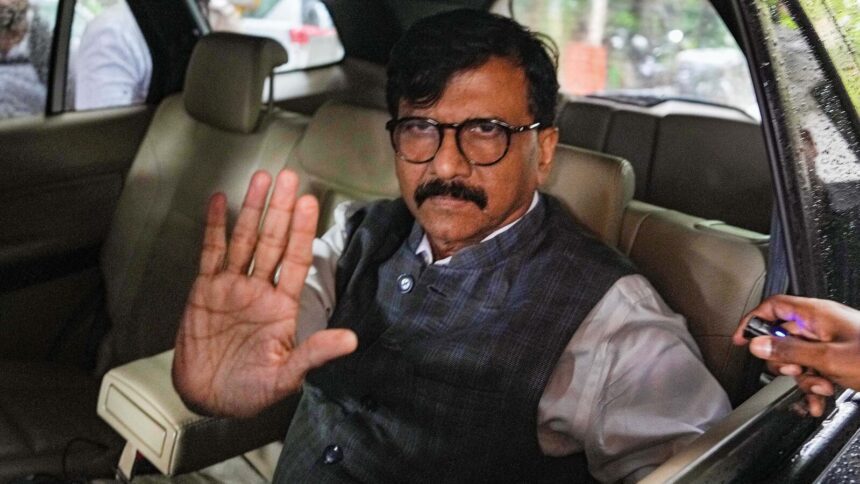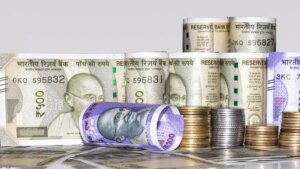Shiv Sena (UBT) and Its Strategic Shift in Local Body Polls: Implications for Maharashtra Politics
In the ever-evolving landscape of Maharashtra’s political arena, the decision by Shiv Sena (Uddhav Balasaheb Thackeray) – commonly referred to as Shiv Sena (UBT) – to contest the upcoming local body elections independently has sparked discussions and debates among political analysts and citizens alike. This strategic move not only marks a significant shift in Shiv Sena (UBT)’s approach but also poses questions about the future of the opposition alliances in the state, namely the INDIA bloc and the Maha Vikas Aghadi (MVA).
Context: The Current Political Climate in Maharashtra
The political dynamics in Maharashtra have been unstable, especially following the 2024 assembly polls in which the ruling Mahayuti alliance—comprising the BJP, Shiv Sena (Eknath Shinde faction), and the Nationalist Congress Party (NCP)—secured a commanding victory, winning 230 out of 288 seats. In contrast, the opposition alliance, including Uddhav Thackeray’s faction, Congress, and Sharad Pawar’s NCP (the Shiv Sena [UBT]), saw its seats dwindle to just 46, raising concerns about their ability to unite and effectively challenge the ruling coalition.
Shiv Sena (UBT)’s Stance
A day after announcing their intention to contest the local body elections alone, Sanjay Raut, a prominent leader of Shiv Sena (UBT), clarified his party’s position regarding the existing alliances. Raut asserted, “My party or I have never said that the INDIA bloc or the MVA should be dissolved.” His statement follows the party’s rationale for partaking in solo campaigns, which he believes will foster organizational growth and provide better opportunities for party workers.
The Rationale Behind Contesting Solo
Raut emphasized the distinct purposes of various elections—local body polls, state assembly elections, and Lok Sabha elections. The primary objective of local body elections is to empower party workers and strengthen grassroots organizational structures. This strategic approach signals Shiv Sena (UBT)’s priority: enhancing local influence, which could potentially translate into broader electoral success in future state and national elections.
In Raut’s words, local elections serve as a “flaming torch” for the party, granting them a platform to ensure their symbol and message resonate effectively at the grassroots level. By contesting independently, Shiv Sena (UBT) aims to project a robust image, cultivate local leadership, and reclaim its standing in the state.
Alliances and Their Future
The discussion surrounding the INDIA bloc and MVA alliances is particularly pertinent in light of Shiv Sena (UBT)’s solo strategy. The INDIA alliance consists of several significant opposition parties including the Congress and NCP. Concerns have been expressed regarding the efficacy of these alliances, particularly when faced with the dominant ruling coalition. Some party leaders within the Congress have voiced their discontent, suggesting that the Shiv Sena (UBT)’s decision may undermine collective opposition strength.
Raut also issued a call for Congress leaders to embrace a more collaborative mindset, remarking, "The Congress leaders should have the habit of listening to others.” This highlights an ongoing struggle for cohesion within the opposition groups, as differing strategies may lead to friction and divergent interests among alliance partners.
Implications for Voters and Future Elections
As the local body polls approach, the implications of Shiv Sena (UBT)’s decision will unfold in real-time. Voters will need to navigate an electoral landscape where traditional alliances are being tested. If Shiv Sena (UBT) is successful in its independent campaign, it could revitalize its brand and re-establish itself as a key player in Maharashtra politics. Conversely, if the strategy fails, it may lead to further fragmentation of the opposition and deepen their challenges against the ruling coalition.
Conclusion
The impending local body elections in Maharashtra will serve as a critical litmus test for Shiv Sena (UBT) and its decision to contest independently. As the political narrative continues to evolve, the reactions and strategies of other components of the Maharashtra political fabric—including Congress and NCP—will remain crucial to analyze. The moves made by Shiv Sena (UBT) now may very well set the tone for the future of Maharashtra’s politics, influencing not just local governance but the broader electoral dynamics leading into the next assembly and national elections. As observers, we will keep a watchful eye on how these developments unfold in the days to come.










